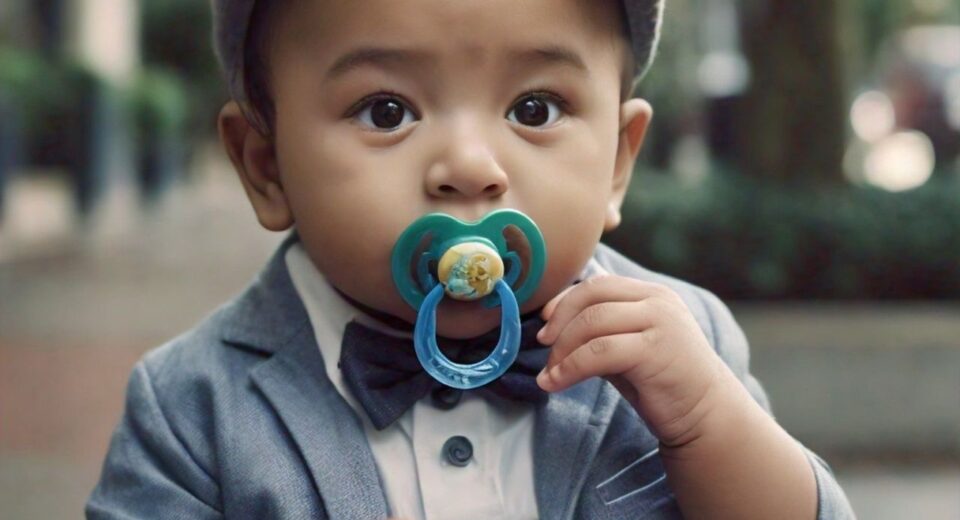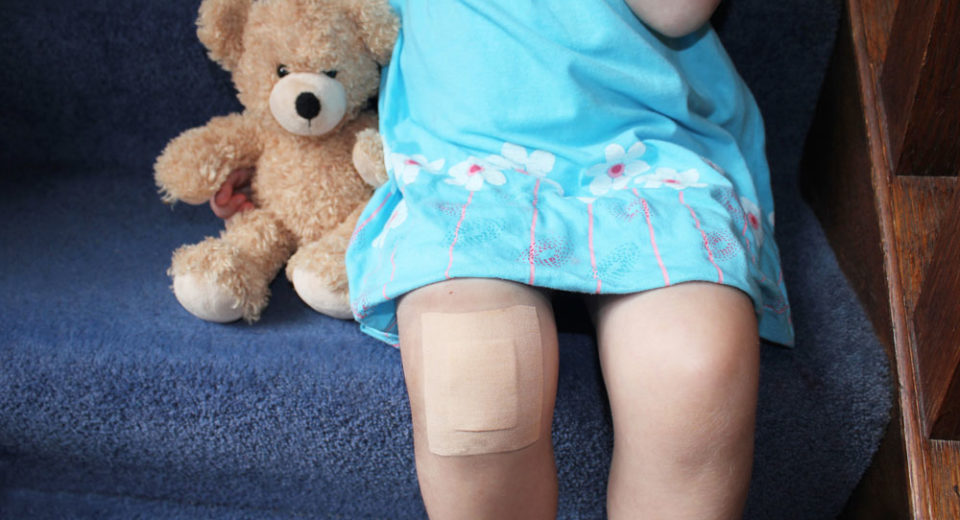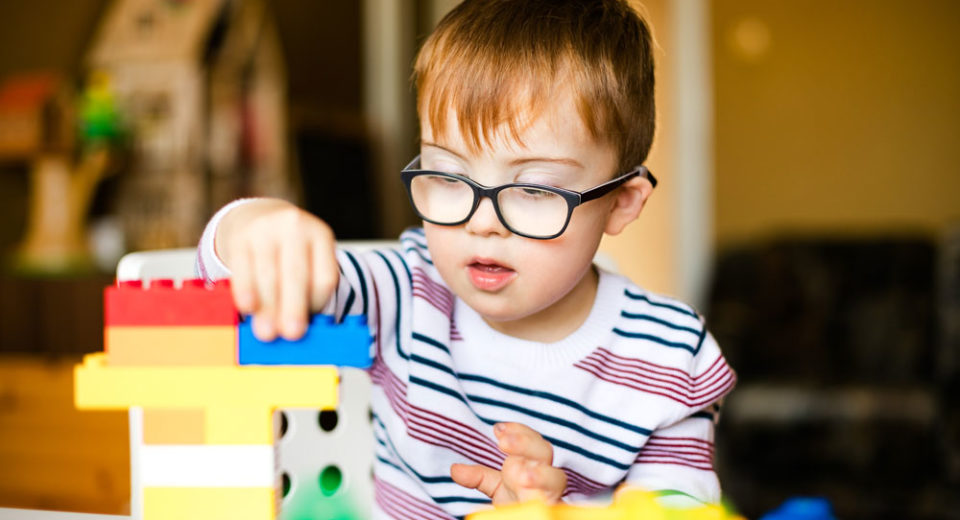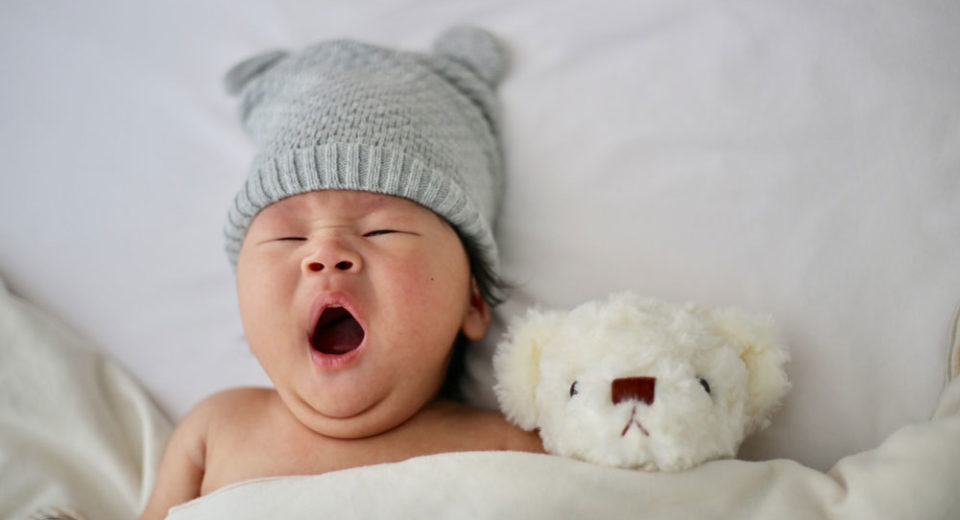Can pacifiers be linked to speech and language delays?
How Babies Develop Language: Hearing and Moving Mouths Matters Your baby’s first word is a significant milestone. The day they utter “ma-ma’” “da-da”, or another important recognizable word, you begin to see the signs that your little one is now using spoken language to communicate, opening up a world of possibilities. This process of developing […]










